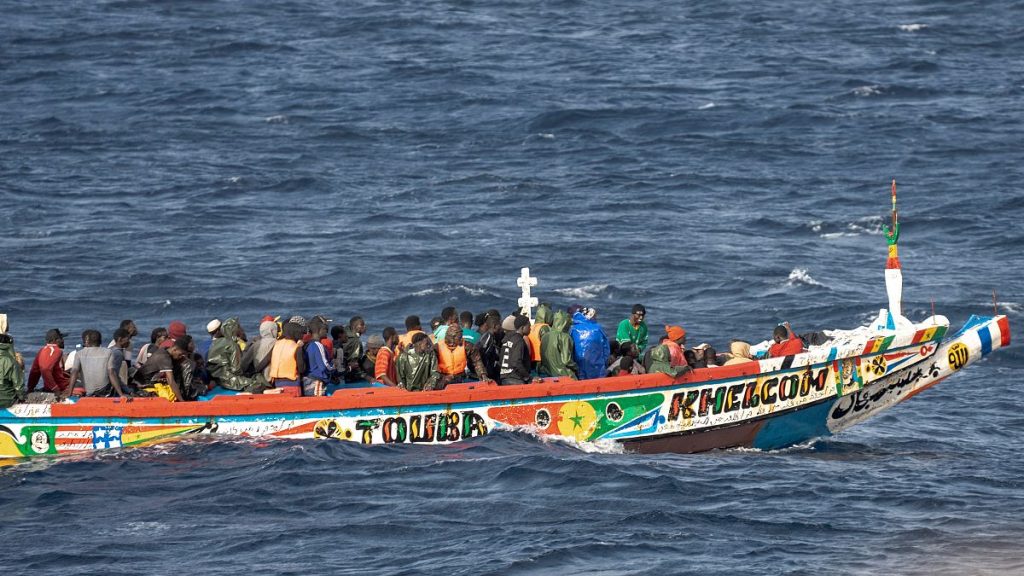Spain has announced an additional €50 million in funding to help the Canary Islands manage the influx of over 5,500 unaccompanied migrant children and teenagers. Prime Minister Pedro Sánchez met with Canary Islands regional President Fernando Clavijo to discuss the issue of irregular migration, as the islands struggle to care for the thousands of minors who have arrived there. The Canary Islands, located closer to northwestern Africa than mainland Spain, have experienced a steady increase in overcrowded boats carrying migrants. Sánchez’s meeting with Clavijo comes ahead of his planned visits to Mauritania, Senegal, and Gambia, key departure points for migrants attempting to reach the islands by sea. The Spanish government’s allocation of €50 million to the archipelago, which had been provided in previous years but was omitted this year, aims to address the overwhelming situation faced by the regional government.
The Canary Islands have become a major entry point for irregular migrants into the European Union, with many adult migrants moving on to mainland Spain or other parts of Europe after arriving, while unaccompanied minors remain under the responsibility of the regional government. With the capacity to care for 2,000 minors, the Canary Islands government is currently overwhelmed with over 5,500 unaccompanied children and teenagers. Many of these minors arrived alone or lost their parents during the dangerous boat journey from Africa, resulting in overcrowded shelters with limited access to education, healthcare, legal services, and other rights guaranteed under EU and Spanish law. Sánchez and Clavijo are committed to working on long-term solutions, necessitating legislative changes to make solidarity among Spain’s regions mandatory. However, a recent attempt to pass such a law in July failed as lawmakers, including those from the Popular Party, refused to consider a proposal that would have required other regions to accept some of the unaccompanied minors.
From January to mid-August this year, over 22,300 people have arrived in the Canary Islands, marking a 126% increase compared to the same period last year, according to Spain’s Interior Ministry. The Maritime Rescue Service reported rescuing 173 people, including six babies and eight women, and recovering two bodies from a boat near the island of El Hierro. The Atlantic route from West Africa to the Canary Islands is known as one of the deadliest migration routes in the world, with limited information on departures from West Africa making it difficult to determine exact numbers. The Spanish migrant rights group Walking Borders estimates that the death toll is in the thousands, with migrant boats that become lost or encounter difficulties often disappearing and drifting for months across the ocean before being discovered in the Caribbean or Latin America, carrying only the remains of those who were on board.
Overall, as the Canary Islands struggle to manage the increasing number of unaccompanied migrant children and teenagers, Spain has allocated an additional €50 million in funding to assist with the overwhelming situation. Prime Minister Pedro Sánchez’s meeting with regional President Fernando Clavijo addressed the issue of irregular migration, with plans to work on long-term solutions that would require legislative changes. The Canary Islands, a major entry point for irregular migrants into the European Union, are currently caring for more than 5,500 unaccompanied minors, many of whom arrived alone or lost their parents during the dangerous journey from Africa. The situation highlights the need for increased support and cooperation among Spain’s regions to ensure the well-being and protection of these vulnerable individuals.


